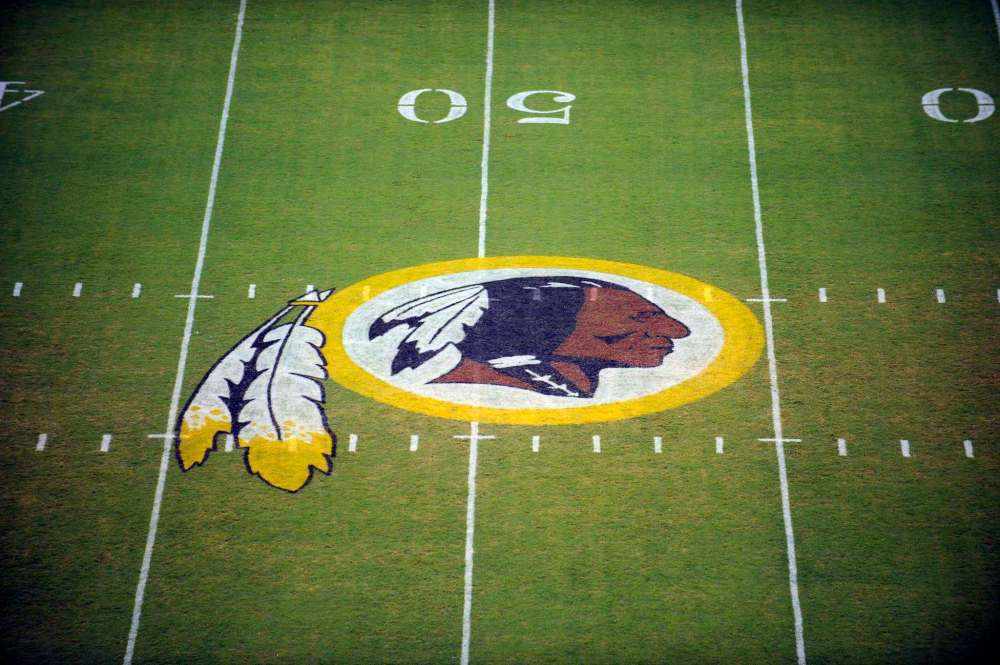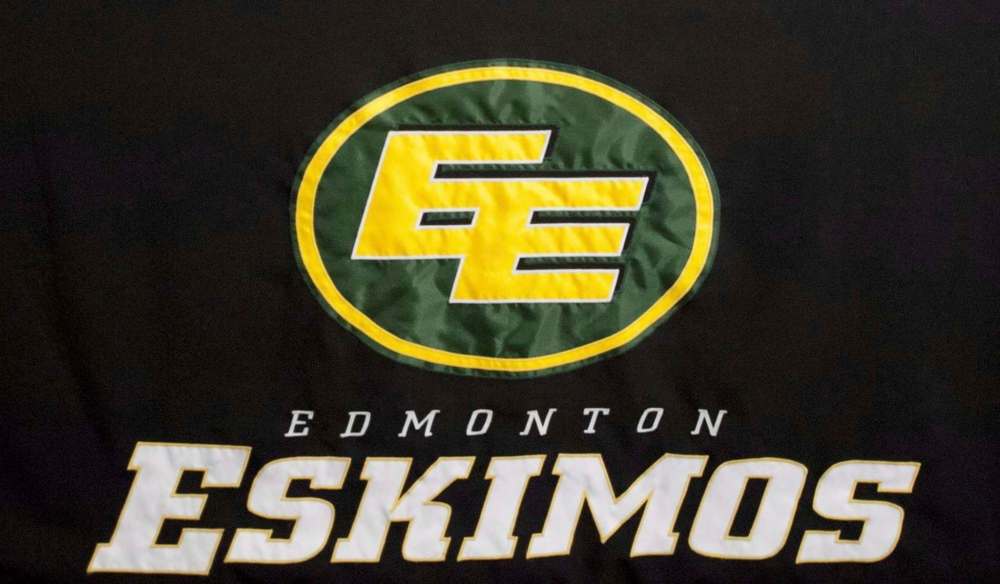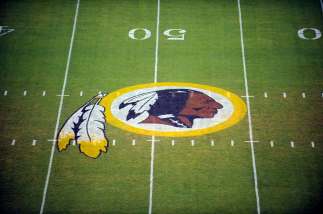Bottom line driving team-name reviews
Read this article for free:
or
Already have an account? Log in here »
To continue reading, please subscribe:
Monthly Digital Subscription
$0 for the first 4 weeks*
- Enjoy unlimited reading on winnipegfreepress.com
- Read the E-Edition, our digital replica newspaper
- Access News Break, our award-winning app
- Play interactive puzzles
*No charge for 4 weeks then price increases to the regular rate of $19.00 plus GST every four weeks. Offer available to new and qualified returning subscribers only. Cancel any time.
Monthly Digital Subscription
$4.75/week*
- Enjoy unlimited reading on winnipegfreepress.com
- Read the E-Edition, our digital replica newspaper
- Access News Break, our award-winning app
- Play interactive puzzles
*Billed as $19 plus GST every four weeks. Cancel any time.
To continue reading, please subscribe:
Add Free Press access to your Brandon Sun subscription for only an additional
$1 for the first 4 weeks*
*Your next subscription payment will increase by $1.00 and you will be charged $16.99 plus GST for four weeks. After four weeks, your payment will increase to $23.99 plus GST every four weeks.
Read unlimited articles for free today:
or
Already have an account? Log in here »
Hey there, time traveller!
This article was published 09/07/2020 (1981 days ago), so information in it may no longer be current.
An opportunity has arisen for North American sports teams to do the right thing — even if it’s for the wrong reason.
The recent wave of protests against racial injustice, unleashed by the police killing of African-American George Floyd in Minneapolis, has intensified pressure on teams to abandon their Indigenous names, mascots and logos.
It’s not just social activists calling for change; corporate sponsors and retailers have added their voices to those demanding teams stop relying on ethnic stereotypes and caricatures.

Feeling the most heat is the National Football League’s Washington franchise, whose “Redskins” name has long been denounced by Native American groups as an ethnic slur and a derogatory reference to skin colour.
“We’ll never change the name,” Washington owner Dan Snyder famously told USA Today in 2013. “It’s that simple. NEVER — you can use caps.”
Mr. Snyder should have known to never say never, because last Friday his team changed its tune, pledging to review its overtly racist name.
That happened only after FedEx, a major sponsor that holds the naming rights to Washington’s stadium, called on the team to rebrand itself. On Wednesday, online retailer Amazon removed the team’s merchandise from its site. In recent days, Walmart, Nike and Target have also stopped selling its gear.
Hours after Washington announced its review, Major League Baseball’s Cleveland Indians, who retired their racist caricature “Chief Wahoo” logo in 2018 but kept their name, also promised to review their name.
Other U.S. teams — football’s Kansas City Chiefs and baseball’s Atlanta Braves — are facing similar pressures, but have not committed to reviews. The NHL’s Chicago Blackhawks this week defended the continued use of their name by stating it honours a Native American leader who has been an inspiration to generations.
In this country, the CFL’s Edmonton Eskimos, who have in the past rejected repeated demands for change, now appear more open to reconsidering a name that is unacceptable to many Indigenous groups.
Residents of Canada’s North left that name behind long ago, opting instead to refer to themselves as Inuit (which means “the people” in Inuktitut), as well as Inuit-Métis and Innu. Interestingly, in its public pronouncements, the Edmonton football club states it is consulting with the Inuit, not Eskimos — undoubtedly a carefully considered word choice.
If you aren’t comfortable putting the name in your news releases, your players should not wear it when they take the field.
The football club said Wednesday it would be “accelerating our ongoing process of review” after corporate sponsors made their views known.
Belair Direct, a car and home insurance company, publicly called for the team to change its name, saying it’s no longer appropriate at a time of heightened awareness of racism.
The company said in order for it to continue its premier partnership with the football club, it would “need to see concrete action in the near future, including a commitment to a name change.” Coca-Cola Canada has also shared its concerns.
Corporate voices are now being heard, after decades of Indigenous complaints falling on deaf ears. This change should be welcomed, even if it is motivated by bottom-line concerns rather than a simple desire to do the right thing.
It is worth noting the U.S. owner of Eskimo Pie ice cream has promised to change his product’s brand name and rethink its racially charged imagery after nearly 100 years.
If an ice-cream bar can move toward a more enlightened future, surely Edmonton’s football club has no excuse for remaining frozen in a shameful past.















